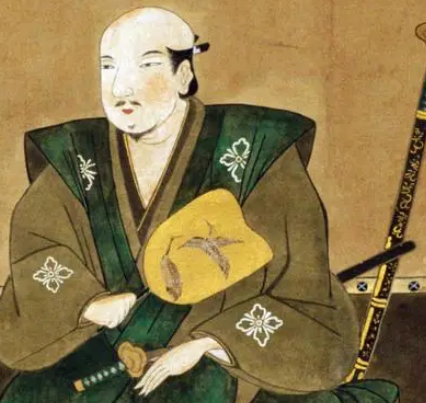In Chinese history, many events have been recorded as cultural disasters, among which the burning of books in Jiangling during the period of Emperor Liang Yuandi is a heartbreaking example. This historical event, which occurred during the Northern and Southern Dynasties, not only destroyed countless valuable cultural heritage, but also caused immeasurable losses to the cultural inheritance of later generations.

In the year 554 AD, the capital of the Southern Dynasty Liang, Jiangling (now part of Jingzhou City, Hubei Province), was in imminent danger under the attack of the Northern Dynasty Wei army. Facing the approaching enemy, Emperor Liang Yuandi Xiaoyi ordered the burning of all books and documents in the city, including a large number of precious books in the National Library, which were devoured by the flames. The purpose of this action was allegedly to prevent the Wei army from obtaining these books, thereby weakening their cultural strength.
However, the consequences of this book-burning action were disastrous. It not only represented a huge loss of knowledge, but also caused harm to the entire Chinese culture. Many precious historical documents, literary works, and scientific and technological classics were turned into ashes during this incident, including some ancient books that may have been lost and the only surviving copies. This was a severe blow to the inheritance of ancient Chinese culture, and many scholars and cultural researchers deeply lamented it.
The incident of book-burning in Jiangling also triggered profound reflections on war and cultural heritage protection. In times of war and unrest, cultural heritage often faces tremendous risks. How to protect these non-material wealth in crisis has become a problem that needs to be faced in every era.
In addition, the book-burning in Jiangling also reminds later generations that the preservation of culture and knowledge requires more caution and meticulousness. It urges later rulers and cultural workers to strengthen protection measures for cultural heritage to avoid repeating the same mistakes.
In conclusion, the book-burning in Jiangling was a disaster in Chinese and even world cultural history. It not only represented a large-scale cultural loss, but also a major setback to human wisdom and creativity. This event warns us that the preservation of cultural heritage is a long-term and arduous task that requires the joint efforts and protection of every generation.
Disclaimer: The above content is sourced from the internet and the copyright belongs to the original author. If there is any infringement of your original copyright, please inform us and we will delete the relevant content as soon as possible.
































